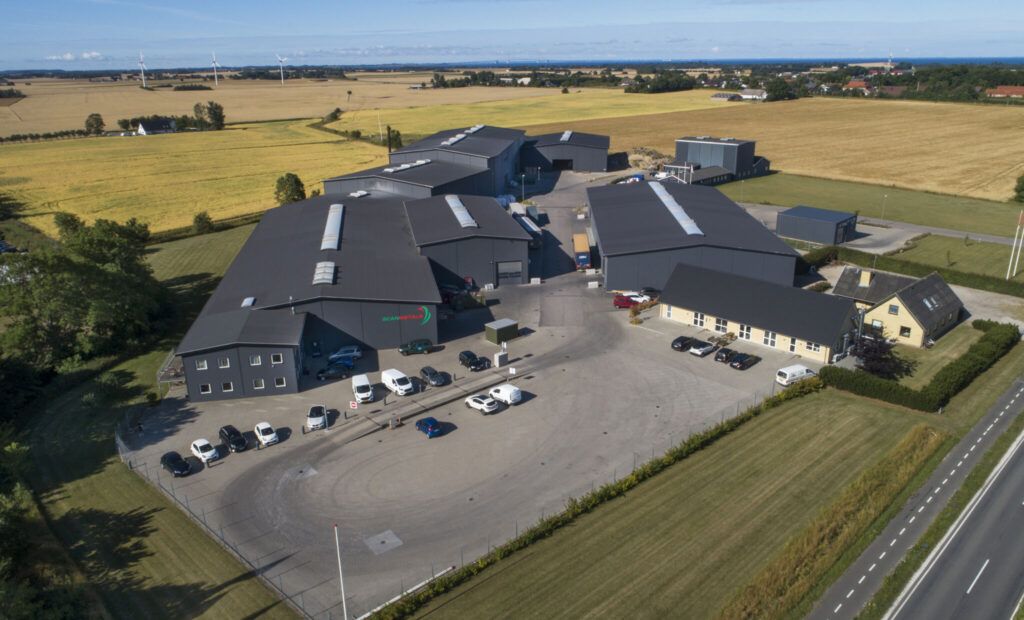About us
As a specialist metals recycling company, Scanmetals is a leader in the recovery of non-ferrous metal from incinerator bottom ash (IBA). The recovered non-ferrous metals are cleaned, separated into different fractions and sold to primary and secondary smelters, refineries, ingot makers and foundries globally.
Scanmetals has been at the forefront of developing a dry process for extracting non-ferrous metals from IBA. The IBA generated from Energy-from-Waste (EfW) facilities is first treated by third parties to extract the majority of aggregates and ferrous metal. The residual non-ferrous metal fraction is then treated by Scanmetals across the Company’s three processing sites (with an annual capacity to treat 75,000t of non-ferrous IBA). This material has a non-ferrous metal content of between 40% and 65% with the balance being aggregate and dust. Using the latest separation technology, including eddy-current, induction and X-ray sorting, the dust and aggregate is removed and individual fractions of aluminium, copper, brass, zinc, stainless steel and precious metals are recovered.

Scanmetals’ dry process has important advantages over the more traditional sink/float recovery processes used to treat non-ferrous IBA. The impact of not using large volumes of water and chemicals as well as further minimising oxidation of the metals recovered has a significant positive environmental impact on the overall metal recovery process and end product.
Energy-from-Waste (EfW)
Scanmetals is a strong advocate of the Reduce, Reuse and Recycle waste hierarchy as a way of delivering a sustainable world. We all need to reduce and reuse our waste to the maximum extent possible, however, household and municipal solid waste (MSW) includes more and more complex mixes of paper, plastics and metals that cannot be sorted and recycled economically.
What makes recycling this residual waste even more complex is that much of the waste is also contaminated with organic matter, or contains material that cannot be recycled, e.g. sponges, gift wrapping, toothbrushes, old shoes, vacuum cleaner bags, food packaging, etc. There are also certain other wastes that should not be recycled for hygienic reasons, such as some sanitary products.
Landfilling of MSW has historically been the only viable solution to dispose of this waste. However, if we are going to promote the Circular Economy and ensure that the material cycle remains clean we have to make certain that all waste that cannot be recycled is treated securely and the value inherent in this residual waste is realised.
EfW facilities are a key and very effective way to treat residual waste that is not fit for reuse, and/or which cannot be recycled economically:
- Residual MSW is diverted from landfill, substantially reducing potential groundwater pollution, methane emissions, and also eliminating the need for rehabilitation periods of many years.
- Energy in the form of electricity and heat is recovered.
- Technological advances mean that all aggregate and metal contained in the IBA can be recovered and reused, ensuring no material treated in EfW facilities ends up in landfill.

